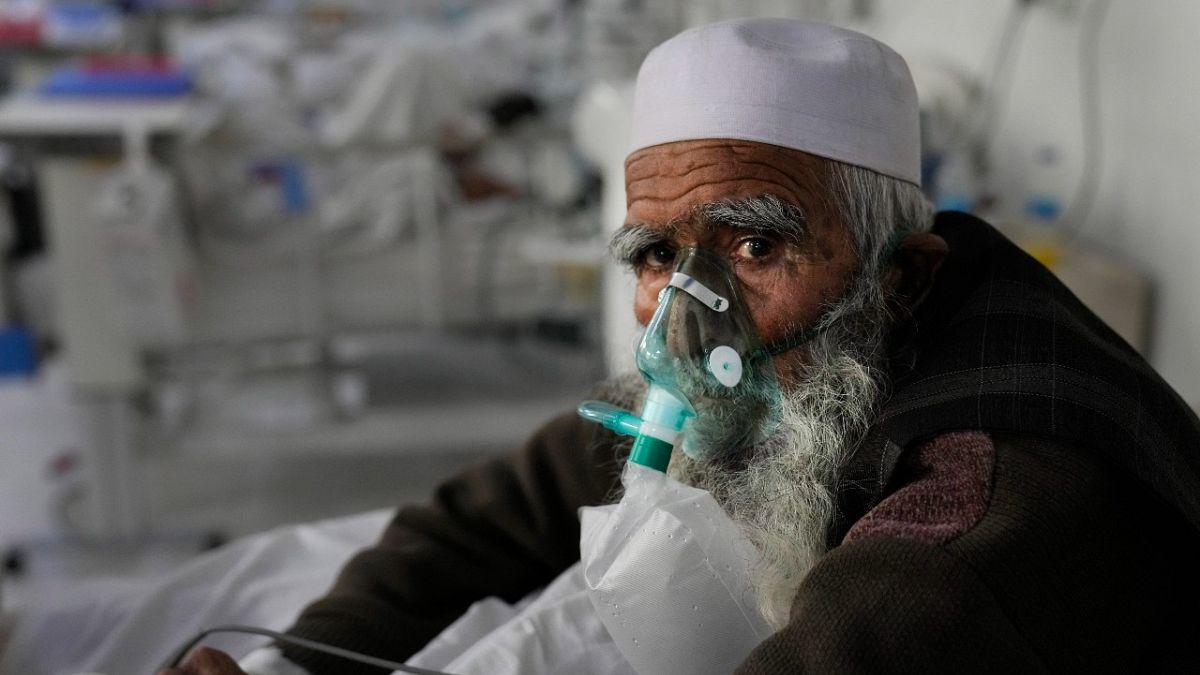"Science gave us the tools to fight COVID-19; if they are shared globally in solidarity, we can end COVID-19 as a global health emergency this year," said the World Health Organization's chief.
The World Health Organization (WHO) on Wednesday urged rich countries to urgently provide the $16 billion (€14 billion) that is still missing to finance its plan to fight the COVID-19 pandemic.
"Science gave us the tools to fight COVID-19; if they are shared globally in solidarity, we can end COVID-19 as a global health emergency this year," said the WHO's Director-General Dr Tedros Adhanom Ghebreyesus.
"If higher-income countries pay their fair share of the ACT-Accelerator costs, the partnership can support low- and middle-income countries to overcome low COVID-19 vaccination levels, weak testing, and medicine shortages," he said in a statement.
The ACT-A accelerator, an acronym for Access to tools against COVID, is a device created by major international health agencies but also the World Bank or the Bill and Melinda Gates Foundation.
Led by the WHO, it is responsible for speeding up access to tools to fight Covid-19 in developing countries.
One of its components is the COVAX system, set up at the start of the pandemic and before the arrival of effective vaccines, to try to guarantee equitable access for the whole world to vaccines. It delivered its billionth vaccine dose in mid-January.
Running ACT-A required some $23.4 billion (€20.5 billion) over the October 2021 – September 2022 period, but only $800 million (€700 million) has been raised so far.
The programme therefore calls for the $16 billion from rich countries "to fill the immediate financing gap", with the rest to be self-financed by middle-income countries.
Six countries – Canada, Germany, Kuwait, Norway, Saudi Arabia and Sweden – have reached or exceeded a level of fair funding.
Only 0.4% of the 4.7 billion COVID-19 screening tests carried out worldwide have been used in developing countries, where only 10% of the population has received at least one dose of the vaccine.
